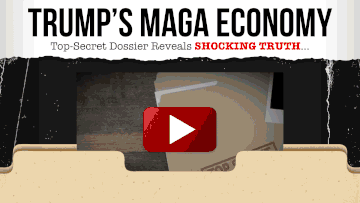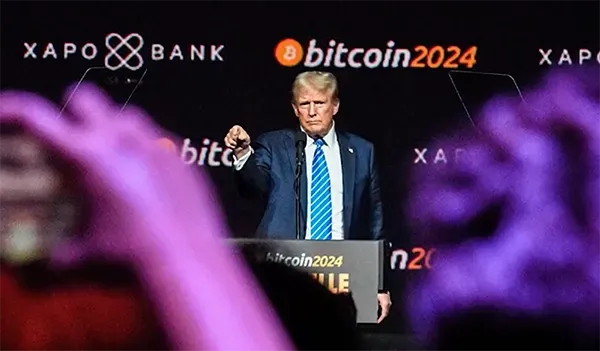European markets rallied sharply Monday morning as investors breathed a collective sigh of relief following President Donald Trump's decision to delay his threatened 50% tariffs on European Union goods. U.S. President Donald Trump backed away from his threat to impose 50% tariffs on imports from the European Union next month, restoring a July 9 deadline to allow for talks between Washington and the 27-nation bloc to produce a deal. The sudden policy reversal came just days after Trump's Friday announcement sent shockwaves through global financial markets.
The Weekend Call That Changed Everything
Trump's decision not to increase tariffs on EU goods in the coming days followed a call with European Commission President Ursula von der Leyen. The European leader had requested more time to negotiate, telling Trump during their Sunday conversation that she "wants to get down to serious negotiations," according to the U.S. president's retelling. Trump agreed to extend the original July 9 deadline he had set in April, effectively giving trade negotiators an additional month to reach an agreement. Von der Leyen, Trump said, vowed to "rapidly get together and see if we can work something out."
Market Response Shows Relief Rally Strength
European assets rallied on Monday. The euro hit its highest level against the dollar since April 30, while European shares surged and were poised to recoup the previous session's losses. The swift market reaction underscored just how much damage Friday's tariff threat had inflicted on investor confidence. MSCI's broadest index of world shares rose 0.2%. The pan-European stocks index, last up .9%, recovered to where it was trading before Trump on Friday unexpectedly called for 50% tariffs on European goods. Currency markets also showed significant movement, with the euro strengthening against a basket of major currencies.
Trump's Trade Policy Whiplash Continues
The tariff delay represents another chapter in what analysts are calling Trump's increasingly erratic trade policy approach. Trump's initial announcement came less than 30 minutes after he threatened to impose a tariff of at least 25% on Apple's iPhones if the company does not start manufacturing them in the United States. The rapid-fire policy announcements on Friday morning sent U.S. stock futures plummeting and sparked concerns about a broader escalation in global trade tensions. The threat roiled global financial markets and intensified a trade war that has been punctuated by frequent changes in tariff policies toward U.S. trading partners and allies.









